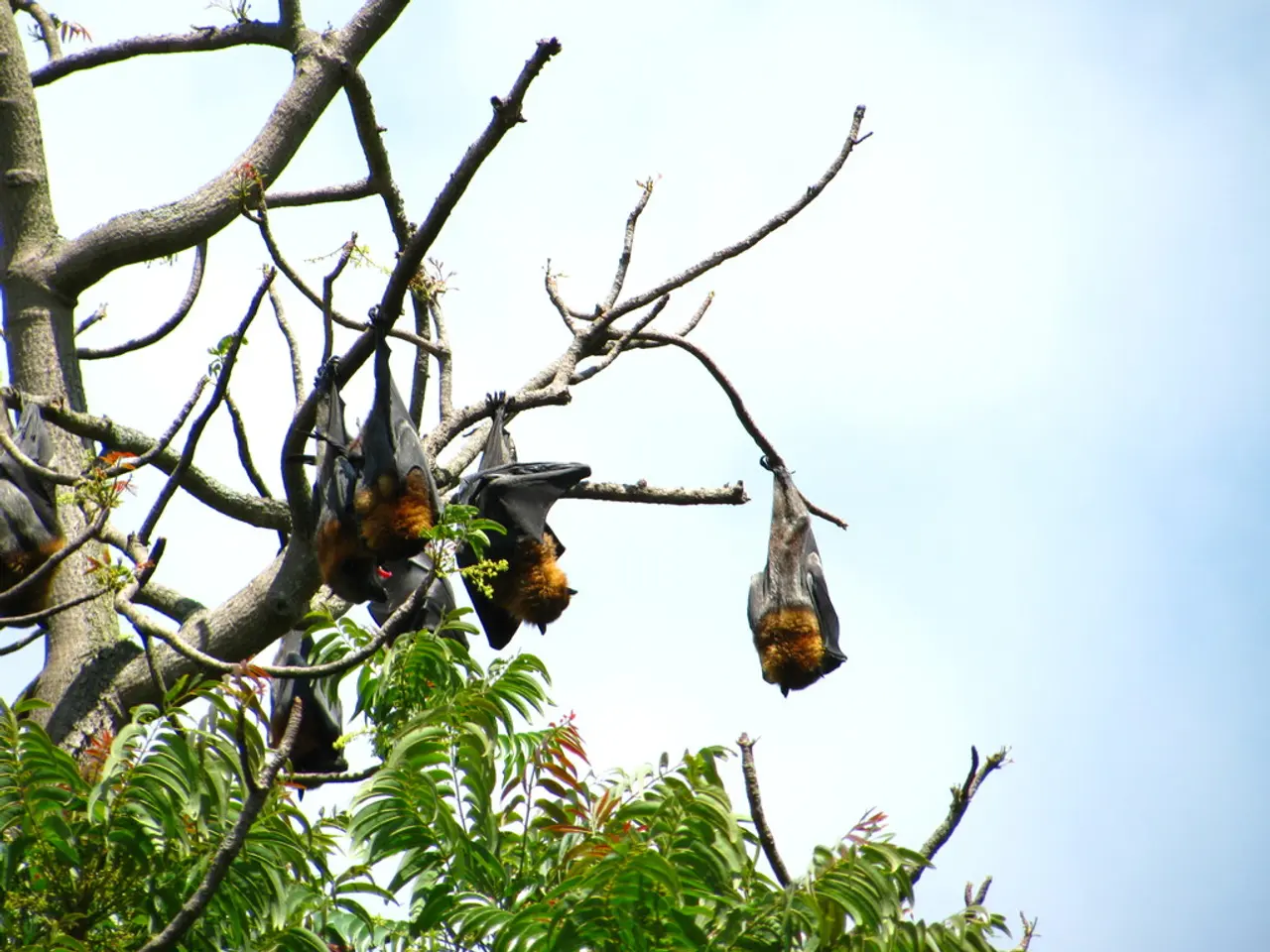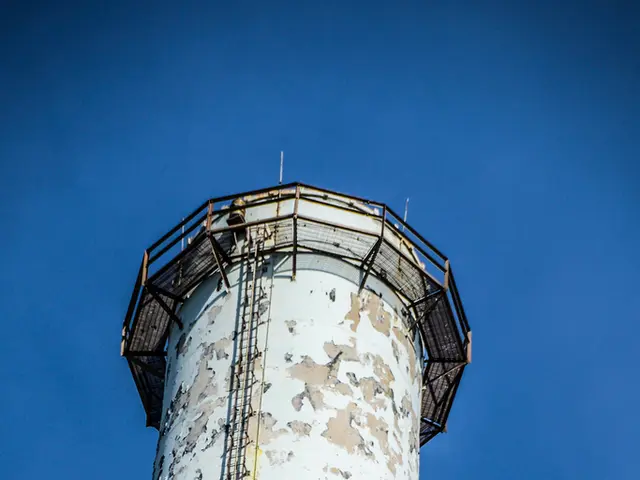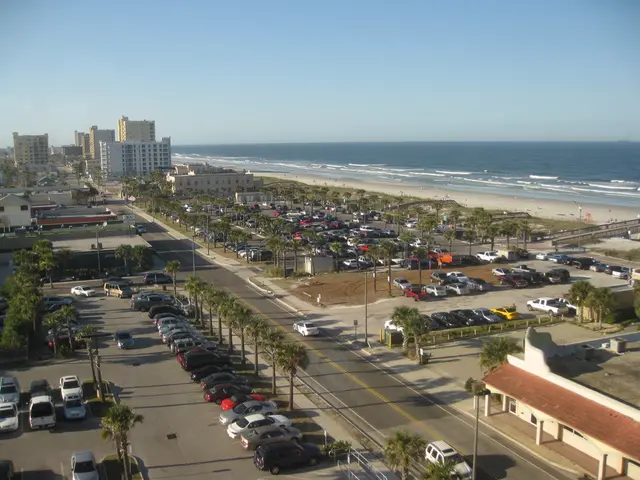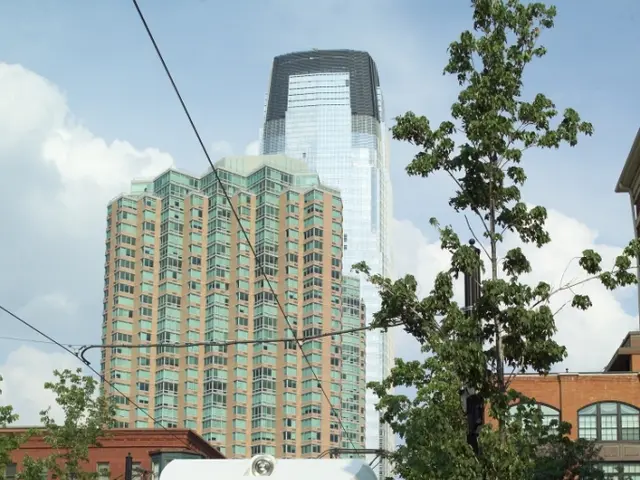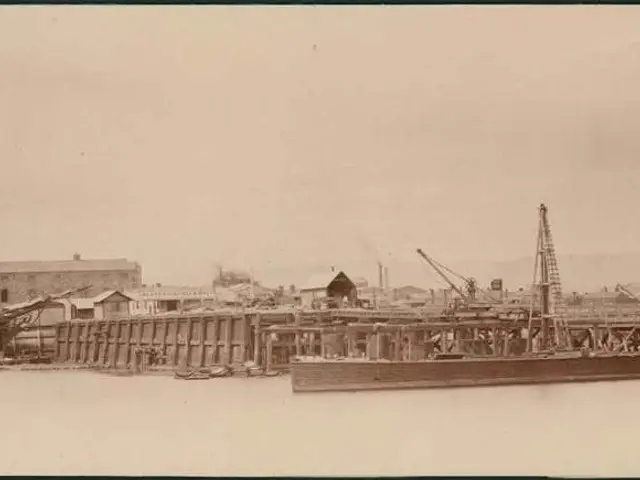East West Rail sets a goal for a 10% increase in net biodiversity on its projects
In a significant stride towards sustainability, the East West Railway Company (EWR Co) has announced a target of achieving a 10% biodiversity net gain for its new rail link being built in the UK. This ambitious goal is part of the company's latest proposals, published in May.
Director of EWR Co, Andrew McNaughton, has emphasised the importance of reducing the project's environmental impact in its design and construction. To achieve this, EWR Co has been working closely with ecologists, engineering designers, and construction teams to preserve or improve habitats at every opportunity.
Along the route from Bicester to Bletchley, 20 Ecological Compensation Sites (ECSs) have been created. These sites, originally low diversity arable lands, have been transformed into purpose-built wildlife havens.
These ECSs provide habitats for a variety of endangered native species. The black poplar, the rare black hairstreak butterfly, and barbastelle bats, one of the rarest mammal species in the UK, listed as Near Threatened on the global IUCN Red List of Threatened Species, all find a home in these wildlife havens.
The ECSs are designed to benefit a wide range of wildlife, including invertebrates, butterflies, birds, bats, reptiles, amphibians, otters, and badgers. Encompassing 45 ponds, badger setts, a bat house, over 70 bat boxes, and the planting of more than 150,000 plants and trees, these sites are specifically tailored to support the species and habitats associated with the East West Rail project.
The government has also shown its support for the project, confirming over £10m for the protection of vital transport services in Greater Manchester, including trams and trains in the city.
The new rail link, known as the East West Rail project, connects East Anglia with Central, Southern, and Western England. The success of the ECSs created by EWR Co is already evident, and management plans are in place to ensure they continue to flourish for many years to come. Upon completion of the project, these ECSs will be transferred to third-party landowners or Network Rail for long-term maintenance.
This commitment to environmental sustainability from EWR Co is a promising step towards a greener future for UK transportation infrastructure.
Read also:
- chaos unveiled on Clowning Street: week 63's antics from 'Two-Tier Keir' and his chaotic Labour Circus
- Racing ahead in Renewable Energy Dominance: Changzhou, Jiangsu Pushes for Worldwide Renewable Energy Ascendancy
- Feeling disoriented or perplexed.
- The potential consequences of the European Union's Clean Hydrogen strategy in relation to exacerbating our global climate emergency.
